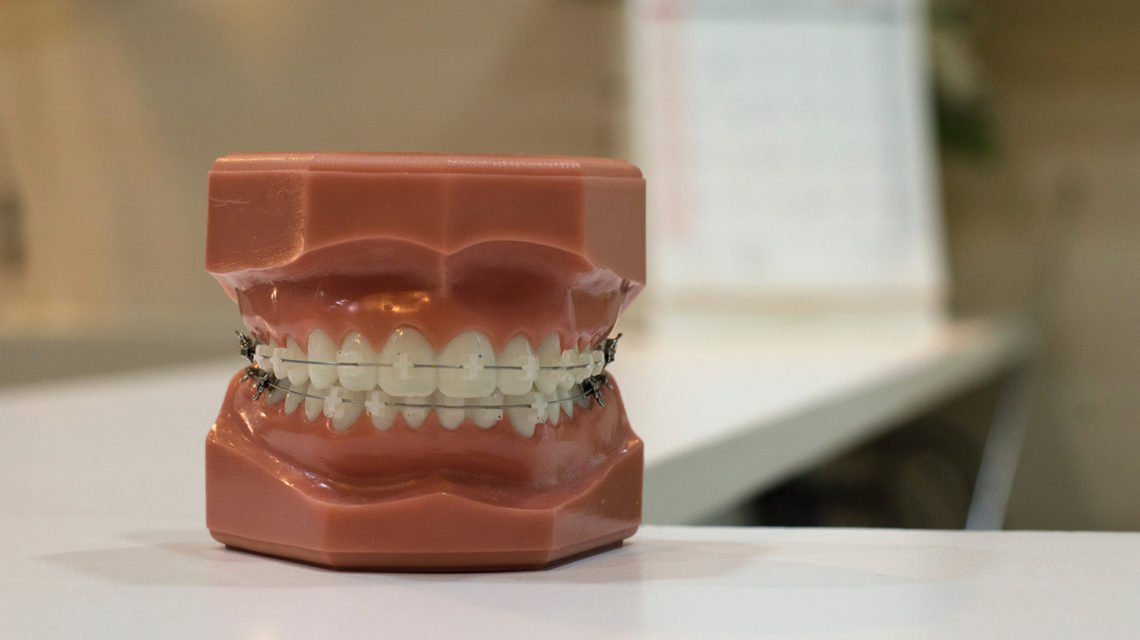Back in the day, there was a popular misconception that symptoms of diseases or underlying conditions are isolated in one part of the body, and they do not manifest in other parts, especially the mouth. Studies conducted in recent years show that this is, in fact, false. It’s true that there are instances when oral complaints such as bleeding gums, canker sores, and bad breath are benign and isolated. But these symptoms can also be warning signs of an underlying disorder that appeared in the mouth. If you notice one or two of the symptoms listed below, then it’s time to pay your dentist another visit.
1. Cavities or tooth decay is a common oral health problem caused by poor dental hygiene, frequent snacking, and eating certain foods. But there are instances when cavities become symptoms of something more serious, such as gastroesophageal reflux disease (also known as heartburn) or some eating disorders. Patients who have gastroesophageal reflux disease often notice a sour taste in their mouths. The acid which had backed up into the esophagus slowly chips away at the enamel of the teeth. People who suffer from anorexia and bulimia also display signs of significant tooth decay due to self-induced and repeated vomiting.
2. Bad breath is an embarrassing problem that, in many instances, can be remedied by better oral hygiene. But in cases when better and consistent hygiene does not result in a sweet-smelling breath, then it’s time to visit your dentist. A foul-smelling breath can be a sign of mouth, nasal, sinus, or throat infection. It can also be as simple as the presence of tonsil stones which can be easily removed by your specialist.
3. Periodontal diseases are several types of bacterial infection which affect the gums. Gum diseases may result in loose teeth and if left untreated, tooth loss. Apart from infection, periodontal diseases can also be a symptom associated with a number of serious conditions or diseases, such as heart disease, type 2 diabetes, osteoporosis, rheumatoid arthritis, and even Alzheimer’s disease. It can also be a symptom of malnutrition, chronic stress, immune system problems, and HIV.
4. Canker sores are some of the chief oral health complaints dentists and other specialists often hear from patients. Canker sores can be treated at home, and often go away on their own. But for persistent and extremely painful sores, it’s best to consult a dentist or a specialist. It can be a sign of underlying conditions or diseases which can include Crohn’s diseases, weakened immune system, or vitamin deficiency (folic acid, zinc, or iron).
5. Older adults can be beset by tooth loss which can be attributed to periodontal diseases. But it can sometimes be a symptom of osteoporosis, a disease which causes the bone to lose mass and become porous. This disease mainly affects hip bones, spinal columns, and wrists, but it can also affect the jawbone. Once osteoporosis sets in and the jawbone become porous, it can lead to tooth loss.
Visit your dentist every six months for better oral health. Talk to us at Dentist Joondalup if you notice that you have any of these problems so they can refer you to the right specialist who can treat your condition.

